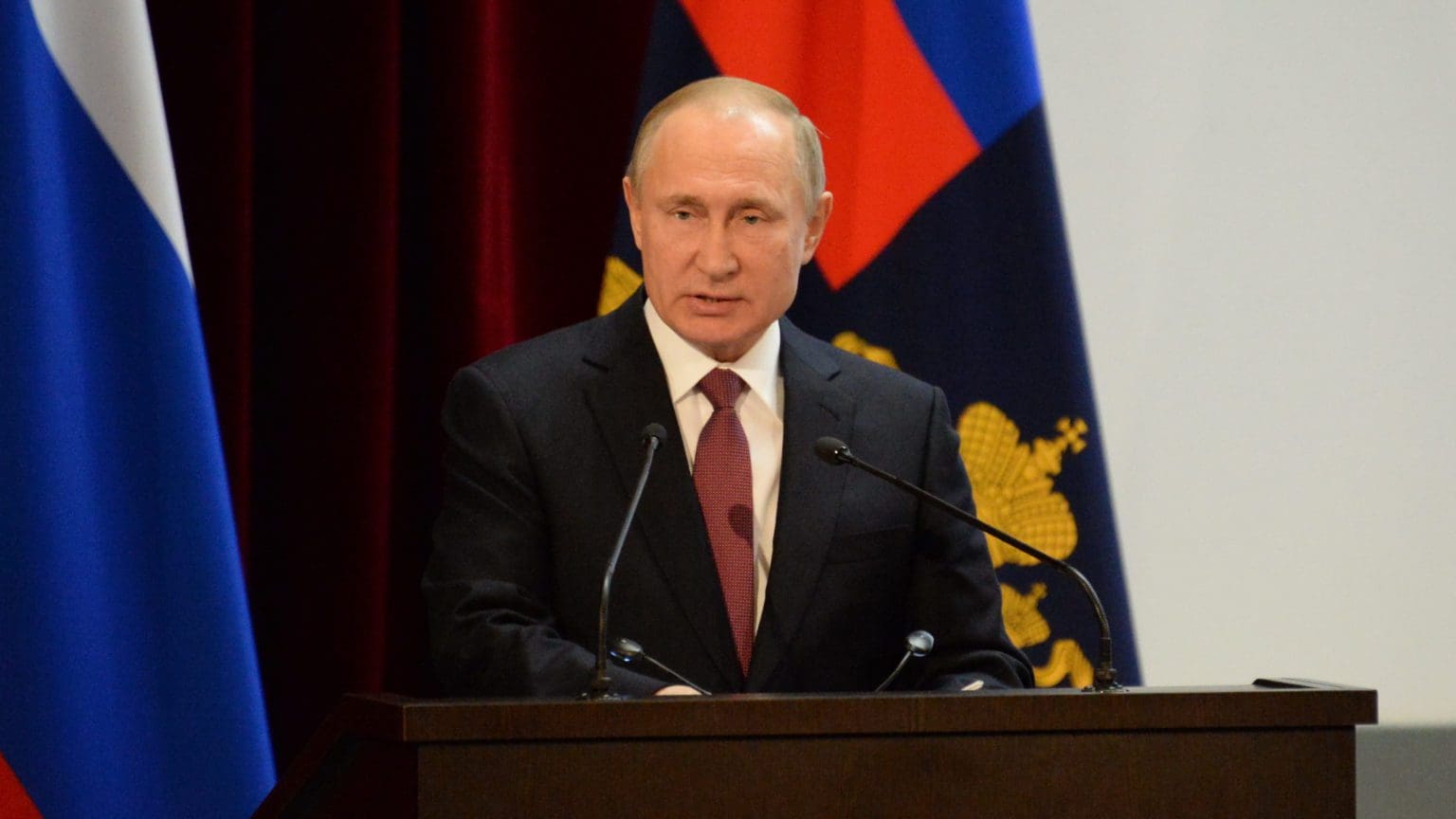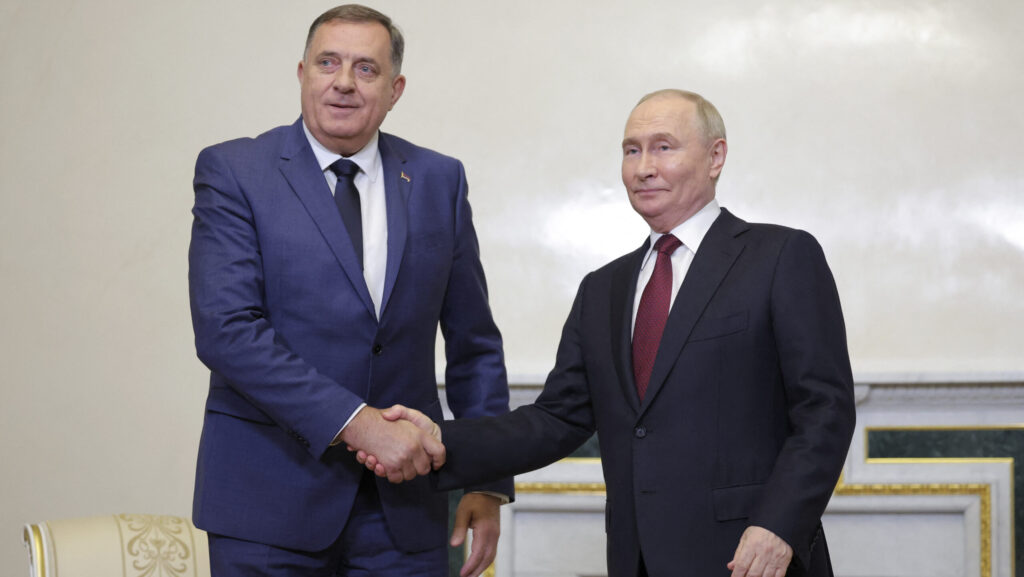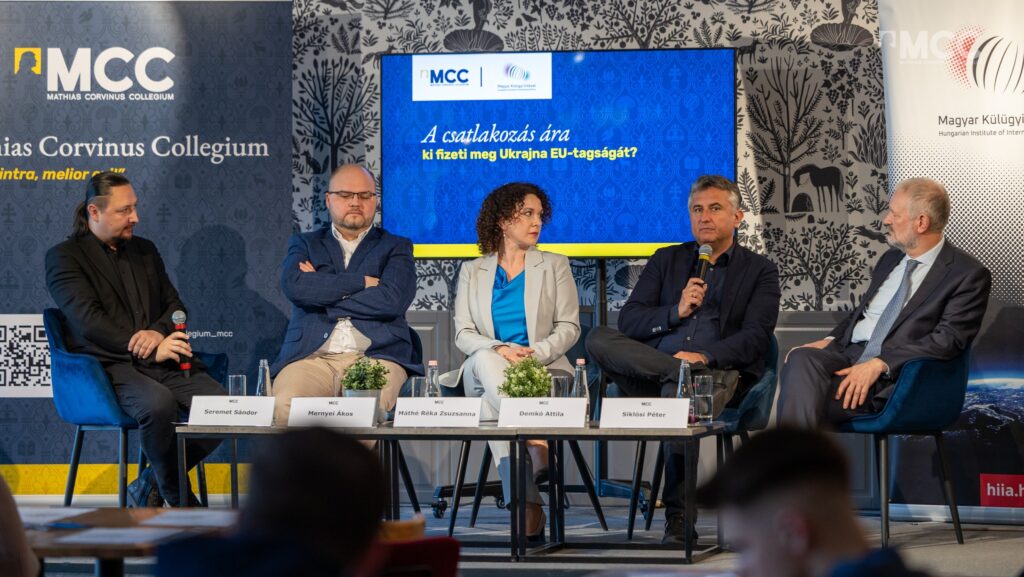When a senior analyst of post-Soviet affairs, Nikolay Nikolayevich Inozemtsev, who is also the director of the Institute of World Economy and International Relations, was asked whether Russians experience collective guilt about the war, he responded to Radio Free Europe without hesitation: ‘Absolutely. One-hundred per cent.’ The Kyiv Post shared a very similar opinion. As Germans suffered from collective guilt after World War II for the sins of Nazi Germany, Russians also bear (moral) responsibility for what is happening, the newspaper suggested. Domestic backlash was not significant because of the war, with many Russians even supporting and embracing the war propaganda against Ukraine. Therefore, argued the Kyiv Post, Russian people themselves are also responsible for the aggression. The opinion piece declared that only those Russians are exempted from collective guilt who had explicitly opposed the war despite the severe consequences under Russia’s current authoritarian leadership.
Similarly to these opinions, the Japan Times (in an opinion piece written by Aryeh Neier, president emeritus of the Open Society Foundations and a founder of Human Rights Watch) also aired the view that, while conceding that most Russians do not bear criminal responsibility for the war, they have collective political responsibility for it. In fact, the article noted, Russians are collectively guilty for the war and for not opposing the establishment that consolidated such an authoritarian rule in the country. What deepens Russians’ collective guilt even more, Neier argued, is that most of the Russian population has been enthusiastic about the war and kept Putin in power over the last 20 years, which led to the current events.
The idea that Russians are collectively guilty seems to be unchallenged across the Western world
The idea that Russians are collectively guilty seems to be unchallenged across the Western world. As far as the lable of collective guilt is used only to justify sanctions (which, by the way, impoverish ordinary people), so be it. However, there is a much more worrying scenario that advocates of Russian collective guilt might trigger – and that is demonising all Russians by equating them with their government that launched the war. Moscow does not “represent” all Russians in a democratic sense. Before proceeding, I want to stress, that recognising that (some) Russians might bear some individual responsibility for current events, any (even limited) sense of collective guilt should not be seen as a free pass to demonise or dehumanize Russian people.
However, my perception is that Russians are indeed being demonised. First, people in the Western world have an increasingly negative view of Russians. According to the Pew Research Center, in the United States Russia has been increasingly perceived as an ‘enemy’ instead of a ‘competitor’. While in January 2022 only 41 per cent of the US population thought of Moscow as an ‘enemy’, now 70 per cent do. The rapid shift in attitude is observable regardless of political affiliation – 72 per cent of Democrats and 69 per cent of Republicans describe Russia as an ‘enemy’. The more educated the American respondent was, the more likely they were to view Russia as an enemy in the poll – 77 per cent of those with a postgraduate degree said that Moscow is the US’s ‘enemy’. The same study found that only 7 per cent of Americans have an overall positive perception of Russians. While in 2020 only 49 per cent of Democrats and 32 per cent of Republicans had a very unfavourable view of Russians, today these numbers have risen to 72 and 67 per cent respectively – that is to say, now the vast majority of Americans have a very unfavourable perception of Russians. When those who have a negative and a very negative view of Russia are combined, we get a staggering 92 per cent. In Europe the situation is not much different – just a couple of months after the beginning of the war, 55 per cent of Europeans were in favour of cutting all economic ties with Russia. The countries with the most negative perception of Russia included Poland (net negative 87 per cent), Ukraine (80 per cent), Portugal (79 per cent), Italy (65 per cent), UK (65 per cent), Sweden (77 per cent), US (62 per cent) and Germany (62 per cent). In Hungary Russia ‘enjoyed’ a perception of a net negative 32 per cent – according to The Guardian.
Two observations may stem from this – first, the war obviously worsened perceptions of Russia in the West. Second, now Europeans as well as Americans use very strong words to describe their feelings and attitudes towards Russians. They think ‘very unfavourably’ of Russians who are ‘enemies’ who pose a ‘threat’ to the West. This rhetoric is more than just recognising that (some) Russians might bear some individual responsibility for current events – rather lumping all Russians together as evil. Demonisation and dehumanization are the techniques of propaganda; Western news and societies shall not embrace them.
Let’s review some of the forms in which punishment for the apparent ‘collective guilt’ of Russians has been handed out. Russians have been banned from international competitions; Russians have been forced to surrender their positions on the board of many international companies – regardless of their opinion about the war. Restaurants and even hospitals in the Western world have refused to let Russians in or treat them. Members of the US Congress proposed to expel Russian students from American colleges – according to that logic, should Alexei Navalny’s daughter be also expelled from Stanford University for being Russian? While there have also been reports about Russian children being bullied and mocked on the playground as ‘sh*tty Russians’ (Scheiss Russen) by fellow German children. Russians have been denied visas to European countries, and flight connections were cut between Russia and Europe. Due to the pervasive application of the collective guilt principle, visa denials were effected regardless of the political opinions of the individuals in question – the question arises: what are the consequences for those Russians who would have wanted to flee the tightening Russian dictatorship because they oppose the war? Has Europe not effectively “imprisoned” these people by not letting them escape Russia? No one seems to have asked these questions.
Clearly, these Russian classics have no guilt in the war
The idea of collective guilt and cancel culture joined together have also made their mark on attitudes to Russian culture in the West. An Italian university tried to cancel a course on Fyodor Dostoyevsky, while the Cardiff Philharmonic Orchestra removed a piece by Tchaikovsky from their programme. Clearly, these Russian classics have no guilt in the war. Kicking out the Russian national team from World Cup and preventing Russia from hosting the Formula 1 Grand Prix in Sochi will hardly make Putin rethink his Ukraine policy. The point I am making is that disallowing the Russian state to host events or send national teams to international competitions is different from censoring individual Russians. Such actions are reminiscent of the UK’s decision amidst World War II to rename German shepherd dogs “Alsatians” – the very word “German” was deemed fearful.
Some anti-Russian views made their way into popular culture as well (or rather, they penetrated it even more deeply – in fact, even before the war, American popular culture regularly depicted Russians as vodka-drinking criminals). The following picture was shared as part of a series of comics about the war on Bored Panda, a platform that has a 14 million follower base on Facebook. In the picture, an ordinary Russian woman is watching TV – she is made to look like a witch. With claw-like nails and a scruffy look, she is portrayed as unattractive and angry, with probably a Vodka bottle next to her on the floor. The picture clearly conveys a feeling of disgust versus the average Russian, who listens to and embraces propaganda. Given that the language of hatred is disgust, the picture, as well as many of the above-mentioned anti-Russian manifestations, are a dangerous path to tread.
The line is narrow between promoting the idea of Russians’ collective guilt just to justify sanctions and using collective guilt to induce hatred against all Russians. It seems that there is no clear distinction between the hatred of Russians and the justified repercussions against the Russian Federation, which is inhabited by Russians. But the later we draw a line between these two, the more irreversible the damage will be. The Western world should stand against all forms of hatred – be it hatred of Ukrainians by Russians, or hatred of Russians.









